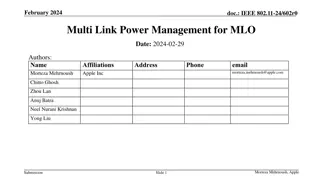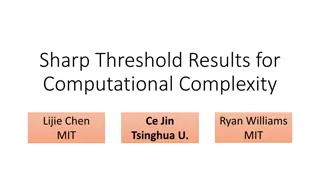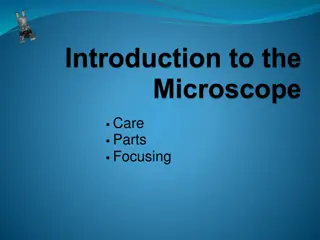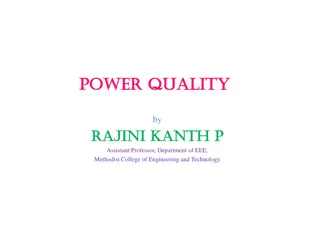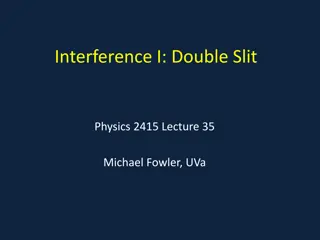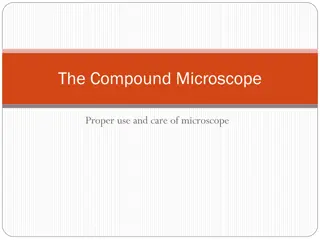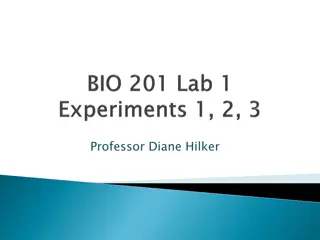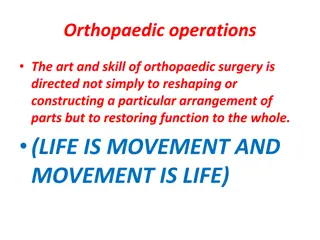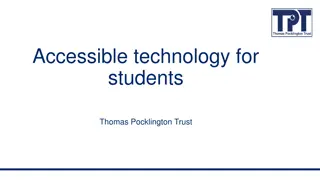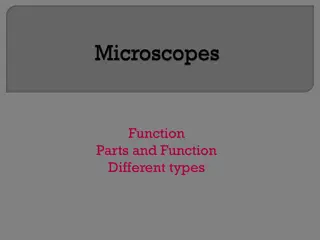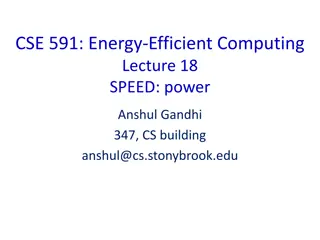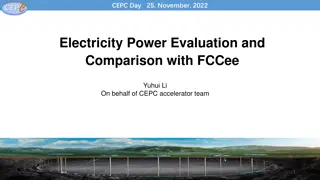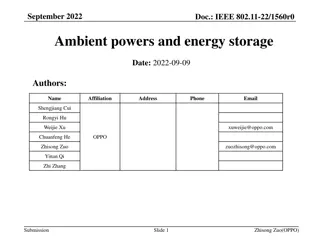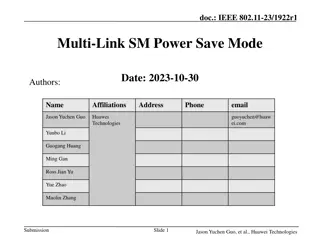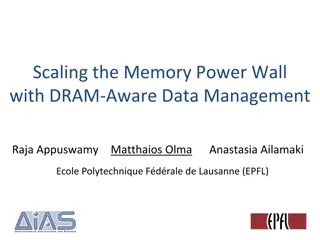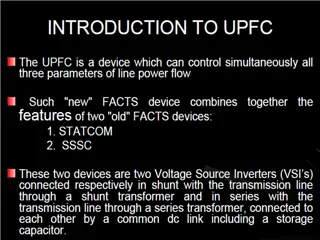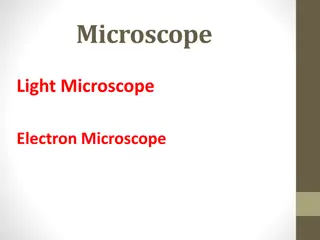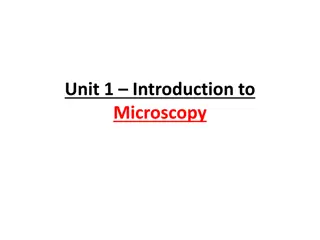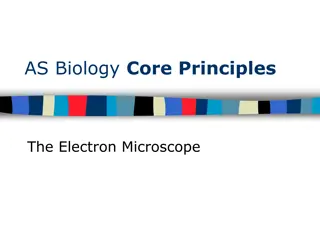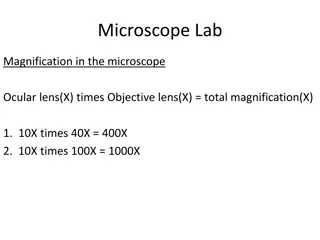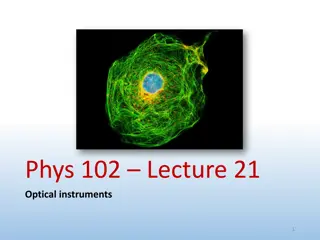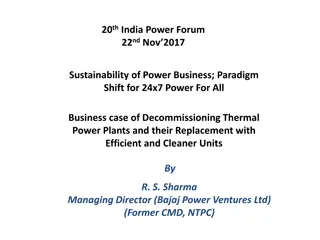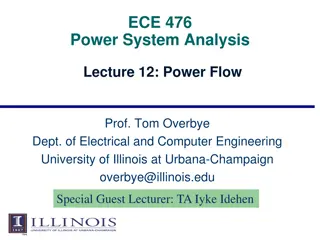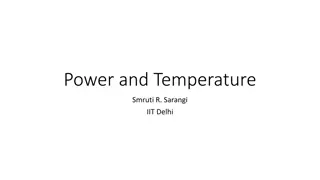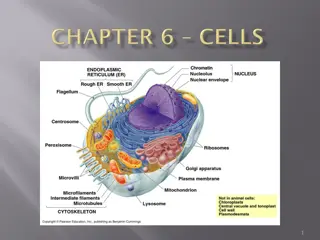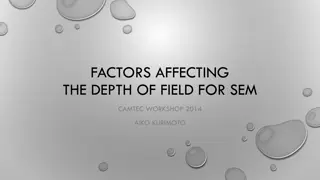Cisco Systems Fault Managed Power Portfolio Overview
Cisco Systems offers an industry-leading Fault Managed Power (FMP) patent portfolio comprising 24 active assets across seven INPADOC families. The portfolio includes patents supporting fault-managed power systems, PoE deployments, DC power distribution, DC-DC conversion, and HVDC connectors. The FMP
4 views • 4 slides
Improving Multi-Link Power Management Efficiency in IEEE 802.11 Networks
The document discusses challenges with per-link power mode changes in multi-link scenarios in IEEE 802.11 networks, proposing a solution for more efficient power management. It addresses issues such as latency and inefficiencies in signaling for power mode changes, introducing scheduled multi-link p
6 views • 9 slides
Understanding Power Transfer and Impedance Matching in Circuits
Exploring the concept of maximizing power transfer between a source and load through impedance matching. Learn about complex conjugates, real and magnitude of complex numbers, average power in circuits, and the importance of minimizing reflected power. Discover how incident, reflected, and delivered
3 views • 33 slides
Tools for Better Remote Teaching and Learning with ZoomIt
Enhance your remote teaching with ZoomIt, a Microsoft-based screen zoom and annotation tool. Easily zoom in/out, annotate, markup, draw on screen, and capture notes in real-time. Access various options, set hotkeys, adjust zoom magnification, and utilize drawing modes efficiently to engage students
0 views • 5 slides
Overview of Farm Power Sources and Utilization in Agriculture
Farm power sources in agriculture include human, animal, mechanical, and renewable energy. Human power is costly but versatile, while animal power is traditional and provides manure. Mechanical power from tractors and engines is efficient. India's farm power sources reflect a mix of traditional and
0 views • 12 slides
Visualizing Real Numbers on a Number Line by Successive Magnification
Visualization techniques for representing real numbers on a number line through successive magnification are demonstrated step by step. The procedure involves dividing the line into equal parts and zooming in on specific ranges to accurately locate decimal values. This method helps in understanding
0 views • 12 slides
Visualizing Real Numbers on a Number Line
The procedure of representing real numbers on a number line through successive magnification is explained in detail. It involves dividing the line, marking points, and magnifying specific intervals to accurately position numbers like 5.2316. Each real number corresponds to a unique point on the numb
0 views • 12 slides
Insights on Computational Complexity Threshold Results
Exploring the challenges in proving major lower bounds for computational complexity, focusing on the Hardness Magnification and Minimum Circuit Size Problem (MCSP). Discusses the difficulties in proving weak and strong LBs, highlighting recent theorems and barriers that impact progress in the field.
0 views • 21 slides
Mastering Microscope Focusing Techniques
Understand the essential parts of a light microscope, the magnification process, general procedures for handling a microscope, focusing techniques for specimens, and the relationship between magnification and field of view. Learn how to avoid damaging the microscope and achieve optimal results durin
0 views • 18 slides
Understanding Power Quality and Its Impact on Electrical Systems
Power quality refers to the characteristics of electrical power that drives sensitive equipment. It involves voltage and current deviations from ideal waveforms, impacting the efficiency and reliability of electrical systems. Various types of power quality phenomena exist, such as voltage variations
1 views • 16 slides
Understanding Optics and Magnification in Physics
Today's lecture covers a brief review of optical instruments, Huygens principle, refraction phenomena, and Young's double slit experiment. The session delves into magnifying glasses, magnification power definition, astronomical telescopes, and simple and compound microscopes. Key concepts include th
7 views • 20 slides
Magnifying Christ Through Life and Death
The importance of magnifying Christ in both life and death is emphasized through verses from Philippians 1:20, highlighting the joy found in Christ and the proclamation of salvation and deliverance. The concept of boasting in the cross and being dead to the world but alive in Christ is explored, enc
0 views • 13 slides
Understanding The Light Microscope: A Comprehensive Guide
Delve into the world of microscopy with Dr. Mohammed Hussein's Lab Manual No. 1, covering the fundamentals of the light microscope, its components, lenses, magnification power, resolving power, and detailed instructions on how to focus your microscope effectively for optimal results. Explore the his
0 views • 19 slides
Understanding the Proper Use and Care of a Compound Microscope
Explore the proper use and care of a compound microscope, including the different parts of the microscope, magnification calculations, general procedures for handling the microscope, and more. Learn about objectives, eyepiece magnification, total magnification, and essential maintenance tips to ensu
0 views • 20 slides
Innovative Gadgets from AliExpress: Unbox & Explore New Tech Marvels
Uncover the latest innovative gadgets from AliExpress in a thrilling unboxing experience. From a mini microscope with impressive magnification to a revolutionary rivet adapter for power drills, discover cutting-edge devices like a flame torch for everyday use, staple-less paper binding solution, and
0 views • 6 slides
Understanding the Compound Light Microscope and Its Applications
Explore the fundamental concepts of microscopy through Professor Diane Hilker's detailed lectures on the use and care of the compound light microscope. Dive into topics like magnification, resolution, and the practical application of microscopes in scientific research. Enhance your understanding of
0 views • 17 slides
The Art of Orthopaedic Surgery: A Comprehensive Guide
Orthopaedic surgery involves intricate planning, precise execution, and specialized equipment to restore function to the body. From preoperative assessments to intraoperative techniques like radiography and magnification, this field aims to enhance mobility and quality of life. The use of tourniquet
0 views • 22 slides
Accessible Technology for Students: Enhancing Learning Opportunities
Discover a range of accessible technology solutions catered for students with visual impairments, provided by the Thomas Pocklington Trust. Explore tools such as magnification software, portable magnifiers, Braille displays, screen readers, and general productivity aids to support students in their
0 views • 11 slides
Understanding Microscope Functionality and Different Types
Learn about the essential parts and functions of microscopes, including magnification, resolution, and different types such as bright-field, dark-field, phase-contrast, dissecting, and inverted microscopes. Discover how parfocal microscopes maintain focus and the roles of ocular lenses, nose pieces,
0 views • 28 slides
Helicopter Power Management Guidelines
Understanding the factors that can lead to power required exceeding power available in a helicopter is crucial for safe operation. Indications such as uncommanded descent, rotor droop, loss of tail rotor authority, and right yaw signal potential issues to watch out for. Knowing when such occurrences
0 views • 11 slides
Exploring Power Efficiency in Computing Systems
In this lecture series on energy-efficient computing, various concepts related to dynamic frequency scaling, power capping, power shifting, power modeling, and power measurement are discussed. The impact of power on server speed is explored, alongside strategies for improving performance within powe
0 views • 17 slides
Comparison of Electricity Power Systems Between CEPC and FCCee
The evaluation and comparison of electricity power systems between the CEPC and FCCee accelerators reveal the power breakdowns, RF power consumption, magnet power supply, and overall power usage. Differences in power consumption for various components such as RF, magnets, and vacuum systems are high
0 views • 19 slides
Ambient Power Harvesting Technologies Overview
This document discusses various ambient power harvesting technologies such as RF energy, solar power, light, and thermal energy. RF-based energy harvesting utilizes radio waves for power transmission with potential applications in logistics, smart homes, and environmental monitoring. Solar power off
0 views • 12 slides
Power Quality Monitoring and Evaluation in Modern Energy Systems
Power quality is crucial for stable operations in energy systems. This content discusses issues in power supply, reasons for measuring power quality, consequences of bad power quality, methods for measuring power quality, and evaluation techniques for compliance reports. Tracking power quality param
0 views • 21 slides
Power Dynamics in the Hellenistic World: A Study of Olympias of Macedon
Exploration of power dynamics in the Hellenistic world through the multidimensional exercise of power by Olympias of Macedon. The study delves into various forms of power such as reward, coercive, legitimate, referent, and expert power, shedding light on their roles in shaping leadership and influen
0 views • 20 slides
Enhancing Power Efficiency in IEEE 802.11 Multi-Link SM Power Save Mode
The document discusses how Multi-Link Operation (MLO) in IEEE 802.11be can improve throughput and reduce latency but may increase power consumption for non-AP devices. It introduces the concept of Multi-Link SM Power Save mode to optimize power usage by activating multiple links only when necessary,
0 views • 10 slides
Understanding Power Consumption in Memory-Intensive Databases
This collection of research delves into the power challenges faced by memory-intensive databases (MMDBs) and explores strategies for reducing DRAM power draw. Topics covered include the impact of hardware features on power consumption, experimental setups for analyzing power breakdown, and the effec
0 views • 13 slides
Overview of Unified Power Flow Controller (UPFC) in Power Systems
A Unified Power Flow Controller (UPFC) is a combination of a Static Synchronous Compensator (STATCOM) and a Static Synchronous Series Compensator (SSSC) interconnected via a common DC link. UPFC allows bidirectional flow of real power and provides concurrent real and reactive series line compensatio
0 views • 20 slides
Understanding Leadership and Power Dynamics
Power and leadership are interconnected concepts, with power being the measure of a person's ability to influence others. Leaders have power in various situations, but it does not necessarily mean having power over people. Effective leaders balance their use of power with knowledge and trust, knowin
0 views • 9 slides
Assistive Technology Solutions by VFO Group
VFO Group offers a range of assistive technology devices including the Continuous Zoom with 2x-24x Magnification with a vibrant 7-inch screen, built-in reading stand, and HDMI port; the TOPAZ PHD with a lightweight, collapsible design and choice of monitor sizes; the Traveller featuring a unique Sli
0 views • 4 slides
Understanding Microscopes: Light vs. Electron Microscopes
Learn about the differences between light microscopes (LM) and electron microscopes (EM), including their magnification power, resolving power, and key parts. Explore the types of electron microscopes such as Transmission Electron Microscope (TEM) and Scanning Electron Microscope (SEM) for advanced
0 views • 8 slides
Introduction to Microscopy: Care, Terms, and Operation
Explore the world of microscopy with proper care tips, essential terms like magnification and resolution, and detailed operation steps for using a microscope effectively. Learn about the components of a microscope and the process of preparing and viewing specimens at different magnification levels.
0 views • 27 slides
Exploring Microscopy: Light vs Electron Microscopes
Microscopy has evolved significantly since Robert Hooke's discovery of cells in cork in 1665. This article delves into the fundamental principles of light and electron microscopes, discussing resolving power, magnification capabilities, and the differences between these two essential tools in biolog
0 views • 17 slides
Microscope Lab - Understanding Magnification, Field of View, and Object Size
Exploring the principles of microscopy, this guide covers magnification calculations, relationships between magnification and field of view at different powers, sizing objects within the field of view, and determining total magnification in drawings. Visual aids enhance the understanding of these co
0 views • 7 slides
Understanding Optical Instruments: Lenses, Images, and Magnification
Discover how combinations of lenses form images, explore thin lens equations and magnification principles, learn about compound microscopes, and understand the limits to resolution including spherical and chromatic aberrations and dispersion effects in this informative lecture on optical instruments
0 views • 21 slides
Discussion on Sustainable Energy Solutions and Efficiency Improvements in Thermal Power Plants
The 20th India Power Forum held on 22nd November 2017 highlighted the importance of sustainability in the power business, focusing on the paradigm shift towards 24x7 power for all. Topics included decommissioning thermal power plants for more efficient and cleaner units, with insights from industry
0 views • 16 slides
Power System Analysis: Lecture on Power Flow
Lecture 12 on Power Flow Analysis in Power Systems covers the use of power balance equations when analyzing complex power consumption and generation. It explains the derivation of real power balance equations for iterative solutions in power flow analysis. The lecture highlights the need for iterati
0 views • 30 slides
Understanding Power Consumption and Temperature in Electronic Circuits
Explore the significance of power consumption in electronic circuits, focusing on reasons for high power, high temperature, and low reliability. Learn about sources of power consumption, types of power dissipation, dynamic power analysis, and the relationship between energy and power in circuits.
0 views • 30 slides
Exploring Living Cells with Light Microscopes in Classrooms
Light microscopes are commonly used in classrooms to examine living cells, even though they do not provide high magnification levels. Magnification, representing the ratio between an object's image and real size, is limited to about 1,000 times with light microscopes.
0 views • 71 slides
Factors Affecting Depth of Field for SEM Imaging
Depth of Field (DOF) is crucial in SEM imaging, determining the distance between the nearest and farthest objects that appear sharp in an image. Factors such as working distance, aperture size, and magnification play key roles in influencing DOF. Increasing the working distance and reducing the aper
0 views • 8 slides

